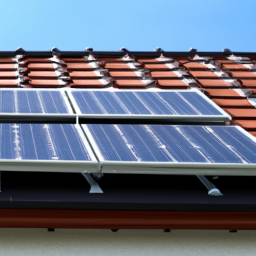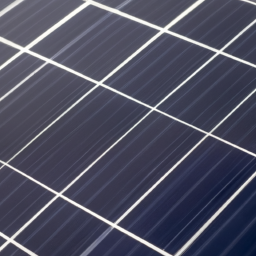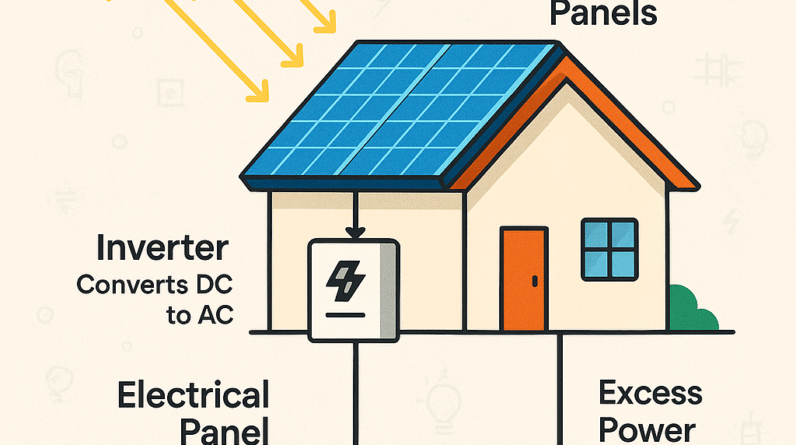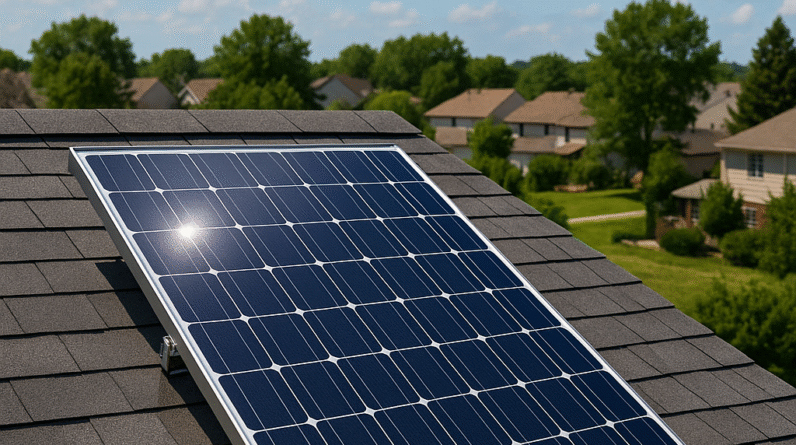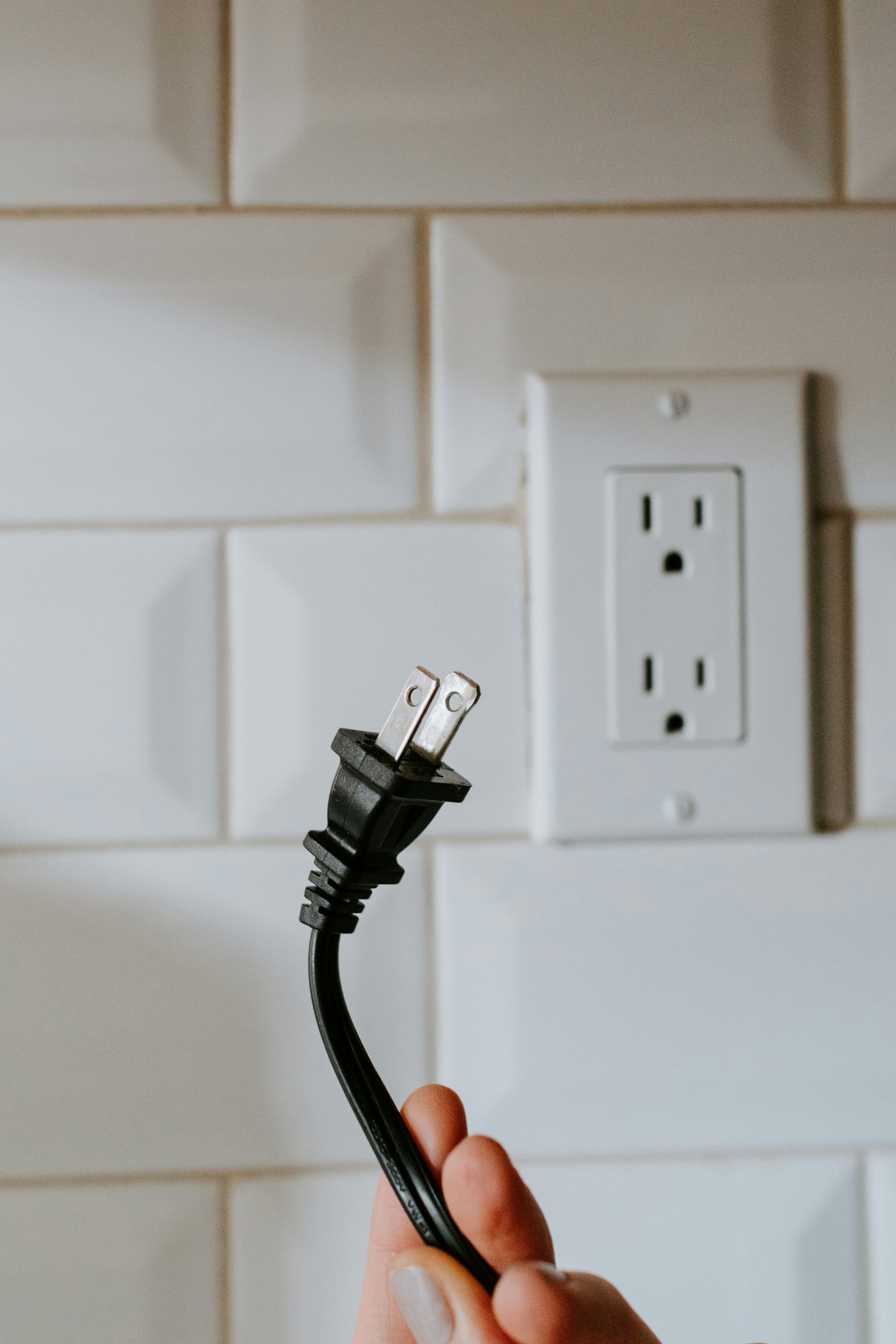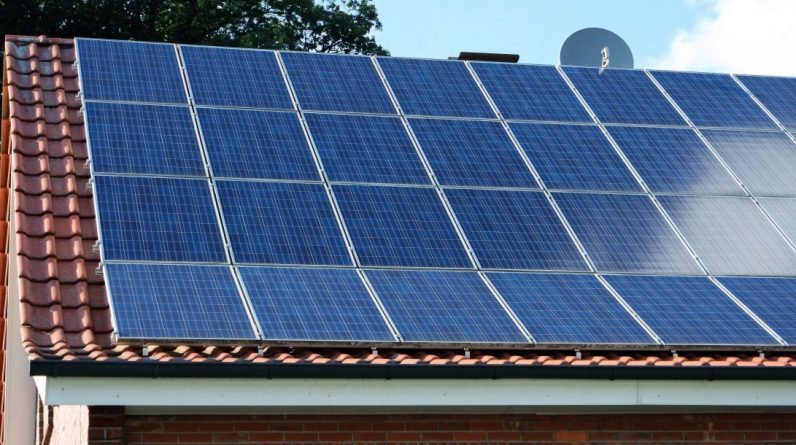
How Much Does Solar Panel Installation Cost?
How Much Does Solar Panel Installation Cost? The growing interest in renewable energy sources has made solar panels an increasingly popular option for homeowners looking to reduce their energy bills and carbon footprint. However, one of the most common questions potential buyers have is, “How much does solar panel installation cost?” In this article, we’ll break down the factors that influence the cost of installing solar panels, helping you make an informed decision.
The cost of solar panel installation can vary significantly based on several factors, including the size of the system, the type of solar panels used, installation complexity, and geographic location. On average, homeowners can expect to pay between $15,000 and $25,000 for a complete solar panel installation before any tax credits or incentives. This figure typically encompasses the cost of equipment, labor, and additional components such as inverters and mounting systems. It’s essential to remember that federal and state incentives can substantially reduce the upfront costs, making solar installation more affordable. Furthermore, financing options and lease arrangements are also available, allowing homeowners to spread the costs over time while still benefiting from reduced energy bills. Ultimately, while the initial investment might seem high, many homeowners find that solar panels pay for themselves through energy savings within a few years, making them a financially sound choice in the long run.
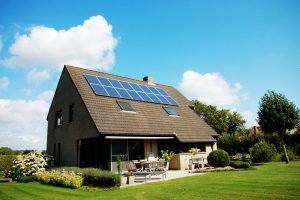
Understanding Solar Panel Installation Costs
The cost of solar panel installation can vary widely based on several factors. On average, homeowners in the U.S. can expect to pay between $15,000 to $25,000 for a complete solar panel system, including installation. This estimate may vary based on geographic location, the type of solar panels you choose, and other pertinent factors.
Understanding solar panel installation costs is crucial for homeowners considering the transition to renewable energy. While the initial investment can appear substantial, it’s important to consider long-term savings on electricity bills and potential government incentives. The installation cost typically includes the price of solar panels, inverters, mounting equipment, and labor, all of which can vary based on system size, location, and installation complexity. On average, residential solar installations can range from $15,000 to $25,000 before tax credits. However, with incentives like the federal solar tax credit and various local rebates, many homeowners find that these costs can be significantly reduced, making solar energy an increasingly accessible option. Furthermore, understanding financing options, such as loans and leases, can help ease the upfront financial burden, allowing more households to harness the benefits of solar energy.
1. Equipment Costs
One of the primary factors influencing the cost is the type and brand of solar panels you choose. There are several types of solar panels available:
- Monocrystalline Solar Panels: Known for their high efficiency and sleek design, these panels typically have a higher upfront cost but can provide long-term savings on electricity bills.
- Polycrystalline Solar Panels: With a lower price point, these panels are made from multiple silicon crystals and tend to be less efficient compared to monocrystalline panels.
- Thin-Film Solar Panels: These are lightweight and flexible but generally have lower efficiency rates and shorter lifespans.
2. Installation Costs
The installation cost typically comprises labor and additional equipment like inverters and mounting systems. Labor costs can vary based on the installer’s experience and your home’s location. Generally, you can expect to pay between $2,000 to $6,000 on top of your equipment costs for installation.
3. Additional Costs
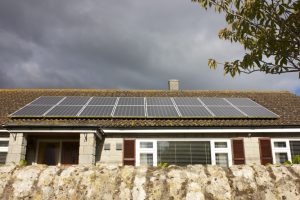
Other factors that can affect overall costs may include:
- Permitting Fees: Local jurisdictions often require permits before installation, which can add to your overall expenses.
- System Size: Larger systems will naturally cost more. The size you need will ultimately depend on your energy consumption.
- Tax Incentives and Rebates: Many states and federal programs offer tax credits and rebates to help offset installation costs. This can significantly reduce the initial cash layout.
Financing Solar Panel Installation
Many homeowners opt not to pay the full cost up front. Fortunately, there are various financing options available, including solar loans, leases, and power purchase agreements (PPAs). Each of these financing methods has its pros and cons, so it’s essential to consider which one suits your financial situation best.
Financing solar panel installation has become an increasingly accessible option for homeowners looking to harness the power of renewable energy while reducing their carbon footprint. Various financing solutions are available, including solar loans, leases, and power purchase agreements (PPAs), each designed to accommodate different financial situations. By opting for a solar loan, property owners can own their solar panel system outright, allowing them to benefit from tax credits and incentives. Conversely, leasing or entering into a PPA can significantly lower upfront costs, making solar energy more affordable for those who may not have the capital to invest initially. With various options available, financing can help individuals and businesses make the transition to clean energy, ultimately leading to long-term savings on electricity bills while contributing to a sustainable future.
Conclusion
While the costs associated with solar panel installations can seem high, numerous long-term savings on electricity bills and federal incentives can help offset these expenses. A well-organized plan, along with effective research, can help you navigate the complexities of solar panel installation costs. By investing in solar energy, you are not only making a conscious choice for your wallet but also for the environment.
Ultimately, assessing your energy needs and exploring different options will provide the best roadmap to understanding your potential costs and savings with solar energy.
